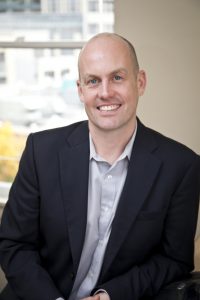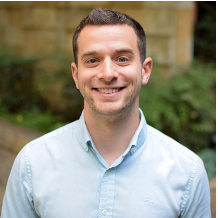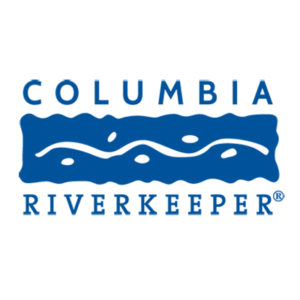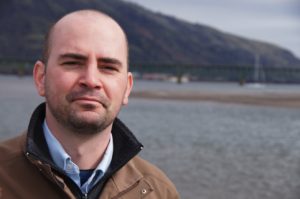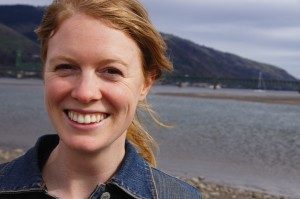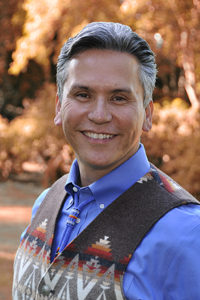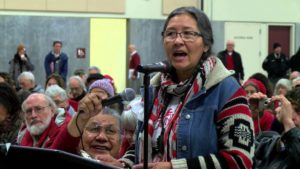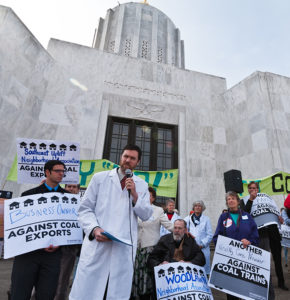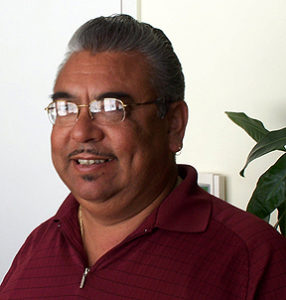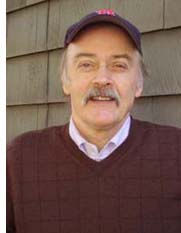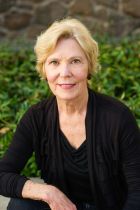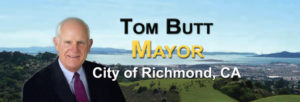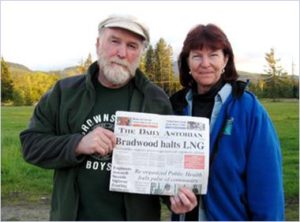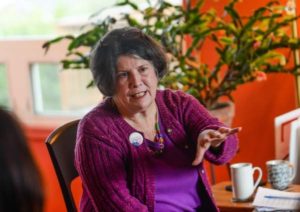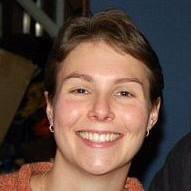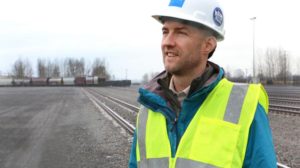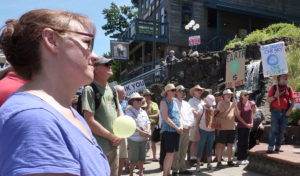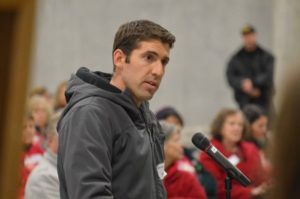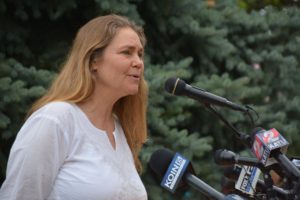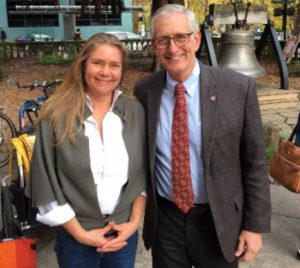THE PEOPLE FEATURED IN SACRIFICE ZONES
Eric de Place is the policy director at Sightline Institute in Seattle, where he spearheads Sightline Institute’s work on energy policy. He is known as a leading expert on coal and oil export plans in the Pacific Northwest, and he is considered an authority on a range of issues connected to fossil fuel transport, including carbon emissions, local pollution, transportation system impacts, rail policy, and economics. He has researched and published more than two hundred articles, reports, and analyses on these proposals, and his work on fossil fuel transport is cited by regional and national news media outlets hundreds of times each year.
Nick Abraham was a research fellow at Sightline Institute and editor of the Oil Check Northwest blog until 2016. He is currently communications and accountability manager for Washington Conservation Voters.
Columbia Riverkeeper’s mission is to protect and restore the water quality of the Columbia River and all life connected to it, from the headwaters to the Pacific Ocean. The organization’s team of community organizers, scientists, and lawyers empowers people from diverse backgrounds to stand up to polluters and special interests. Columbia Riverkeeper stands alongside farmers, foresters, fishermen, and partner conservation groups to protect the Columbia River and surrounding areas from reckless fossil fuel development and continues to fight proposals for projects to ship coal, oil, gas and methanol to Asia.
Dan Serres is a born-and-raised Oregonian. As the Conservation Director for Columbia Riverkeeper, Dan has worked to protect Oregon and Washington farms, forests, and rivers from LNG pipelines, coal terminals, and toxic pollution. He was Columbia Riverkeeper’s point person for the LNG struggle in Clatsop County from 2004 – 2016 and he is currently a lead organizer in the effort to stop oil trains along the Columbia River, especially the massive Tesoro-Savage Oil-by-rail terminal proposed for Vancouver, Washington.
Jasmine Zimmer-Stucky works to support community members all along the Columbia River. She led the public campaigns to stop would-be coal export terminals from polluting Oregon’s air and water and now focuses on doing the same in Southwest Washington. She is currently CRK’s point person to stop the gargantuan methanol refinery proposed on the banks of the Columbia River in Kalama, Washington.
Paul Lumley was the Executive Director for the Columbia River Inter-Tribal Fish Commission (CRITFC) from 2009 – 2016 and a citizen of the Yakama Nation, which is located in central Washington State. He has an extensive history working with Northwest Tribes on salmon issues, particularly in the Columbia River Basin. Paul is currently the executive director of the NAYA Family Center in Portland, Oregon.
Cathy Sampson Kruse is member of the confederated tribes of the Umatilla Indian Reservation and a long-time and dedicated activist protecting the sacred water and traditional foods and medicines from the ravages of fossil fuel exploitation.
Pat O’Herron is a medical doctor and general surgeon practicing acute care surgery in Portland, Oregon and the board president of Oregon Physicians for Social Responsibility. His focus at Oregon PSR is climate change, which fits well with their mission of addressing the greatest threats to human health.
Andres Soto is the Richmond, California organizer for Communities for a Better Environment and a founding member of the Richmond Progressive Alliance. A Richmond, California raised advocate for social justice, he has engaged in struggles for civil rights, educational rights, immigrants rights and environmental justice for more than 30 years. Andrés is also a working musician in the Bay Area and has played his saxophones around the world.
Steve Early has worked as a journalist, lawyer, labor organizer or union representative for the past forty-five years. He is the author of REFINERY TOWN: Big Oil, Big Money and the Remaking of an American City and three other books and is involved with the Richmond Progressive Alliance. He lives in Richmond, California.
Clair Brown is an economics professor at the University of California at Berkeley. Her current research focuses on the global labor market for high-tech workers, the global competitive advantage of China, India and the US in the semiconductor industry, and the impact of education and immigration policies on engineers’ employment and earnings. Professor Brown is the Director of the Center for Work, Technology and Society, and past Director of the Institute of Industrial Relations.
Tom Butt is the mayor of Richmond, California and one of the founders and president of Interactive Resources, an architecture-engineering-planning consulting firm located in Richmond since 1973.
Cheryl Johnson is a retired public school librarian living in Brownsmead, Oregon, outside of Astoria, along the Columbia River. She was active in the fight against LNG since its inception along the Columbia River and was co-chair of Columbia Pacific Common Sense, the local grassroots group opposing LNG in Clatsop County.
Laurie Caplan was co-chair of Columbia Pacific Common Sense, the local grassroots group opposing LNG in Clatsop County. Along with Cheryl Johnson she helped lead the fight against several LNG terminals proposed for the Columbia River Estuary that stretches for twenty-five miles east of the confluence of the Columbia River.
Abbi Russell is the communications manager for the Port of Vancouver, USA, across the Columbia River from Portland.
Jared Larrabee is the general manager for Vancouver Energy, a joint venture of Tesoro Oil and Savage Companies.
Linda Garcia is a resident of the Fruit Valley neighborhood, which borders on the Port of Vancouver, and a Board officer for the Fruit Valley Neighborhood Association. She has been a leader in the fight to stop the Vancouver Energy Oil-By-Rail terminal from being built a half-mile from her house.
Jared Smith is the current president for Local 4 of the International Longshore and Warehouse Union, one of the first groups to oppose Tesoro-Savage (Vancouver Energy) oil terminal in Vancouver, Washington.
Arlene Burns is the mayor of Mosier, OR, a small town in the Columbia Gorge, 69 miles east of Portland, a town that is small enough to make a difference. She is an ardent opponent of fossil fuel development and the oil trains that travel.
Charlie Hales was mayor of Portland, Oregon, from 2012 – 2016. In 2014 he met with Pope Francis at a gathering of mayors from around the world, where he touted Portland’s climate action plan. Meanwhile back at home, his initial support for building a massive liquid propane terminal at the Port of Portland was stirring up massive opposition. When he returned from meeting the Pope, he changed his position on the terminal. A year later he co-sponsored Portland’s historic ban on future fossil fuel storage infrastructure.

